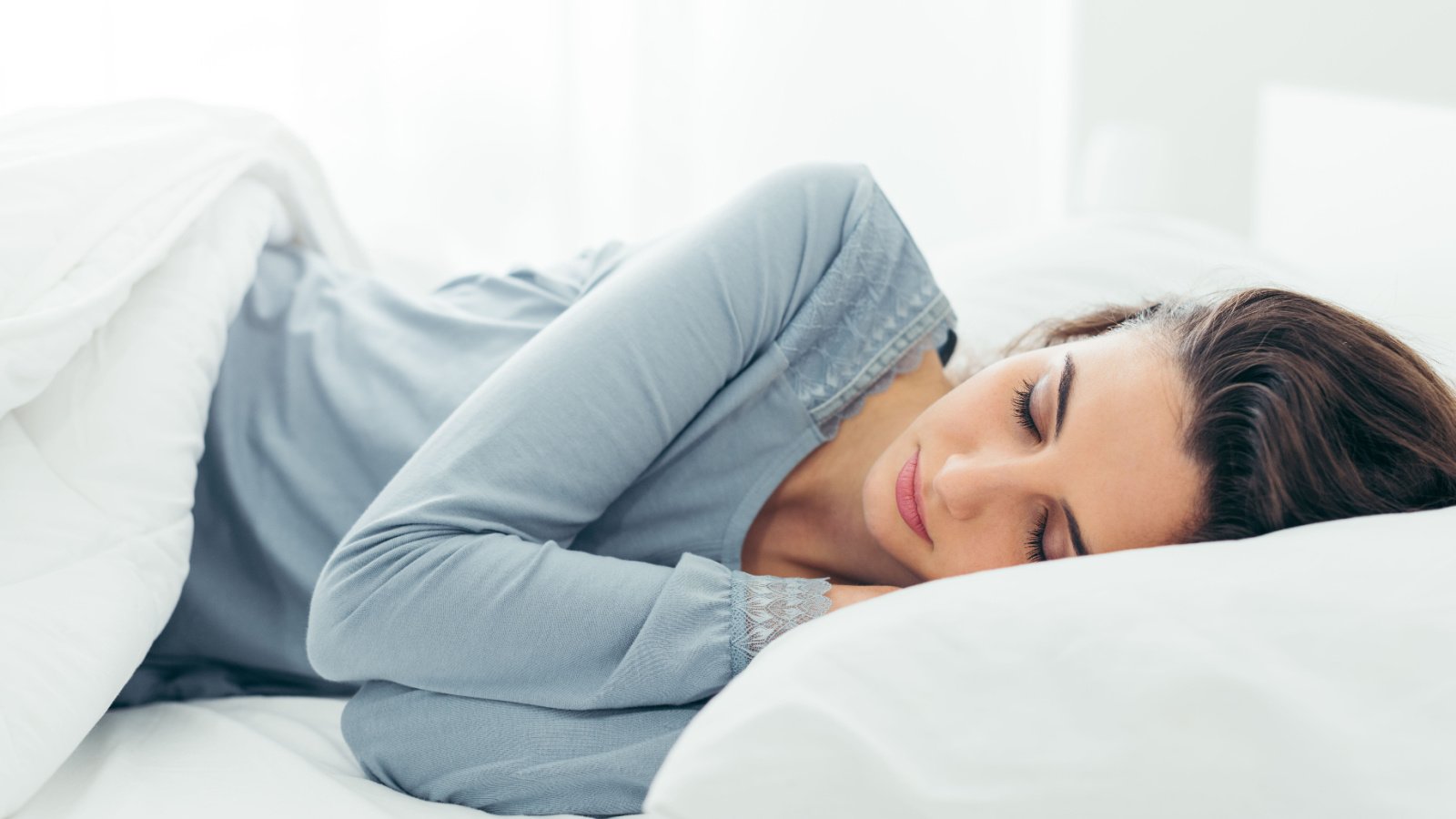Are you tired of counting sheep and staring at the ceiling all night? Our expert-backed strategies to enhance your sleep, including quirky tips like setting bedtime alarms, will have you blissfully slumbering through the night in no time.
Establish a Sleep Schedule

Consistency is key for better sleep. Try to go to bed and wake up at the same time every day, even on weekends. This routine helps regulate your body’s internal clock, making it easier to fall asleep and wake up. “I set alarms for both bedtime and waking up – it’s a game changer,” shares an online forum user.
Create a Bedtime Ritual
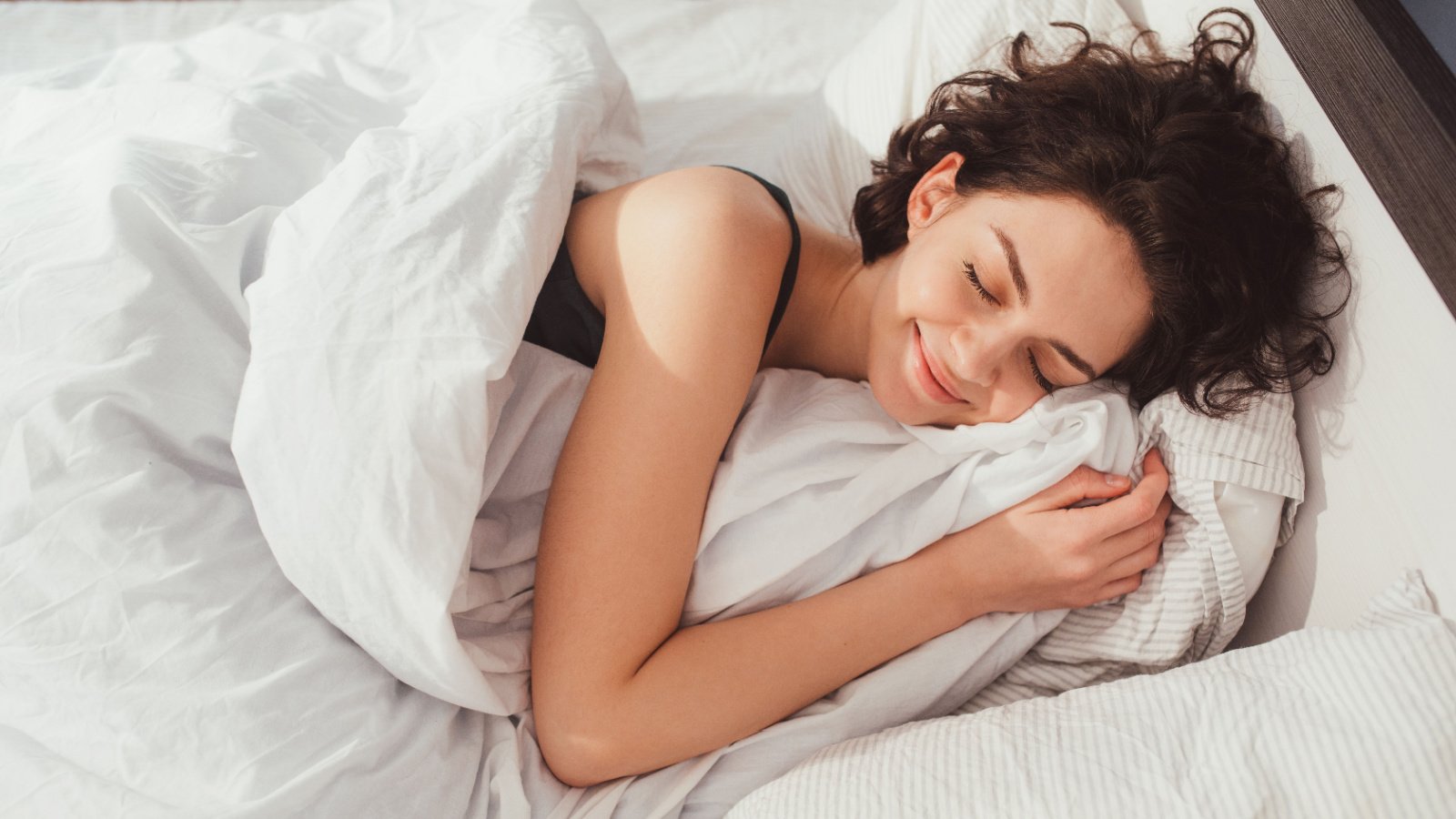
Developing a calming pre-sleep routine can signal to your body that it’s time to wind down. This might include reading, taking a warm bath, or practicing relaxation exercises. Avoiding screens an hour before bed can also be part of this ritual. A soothing routine can significantly improve your sleep quality.
Optimize Your Sleep Environment
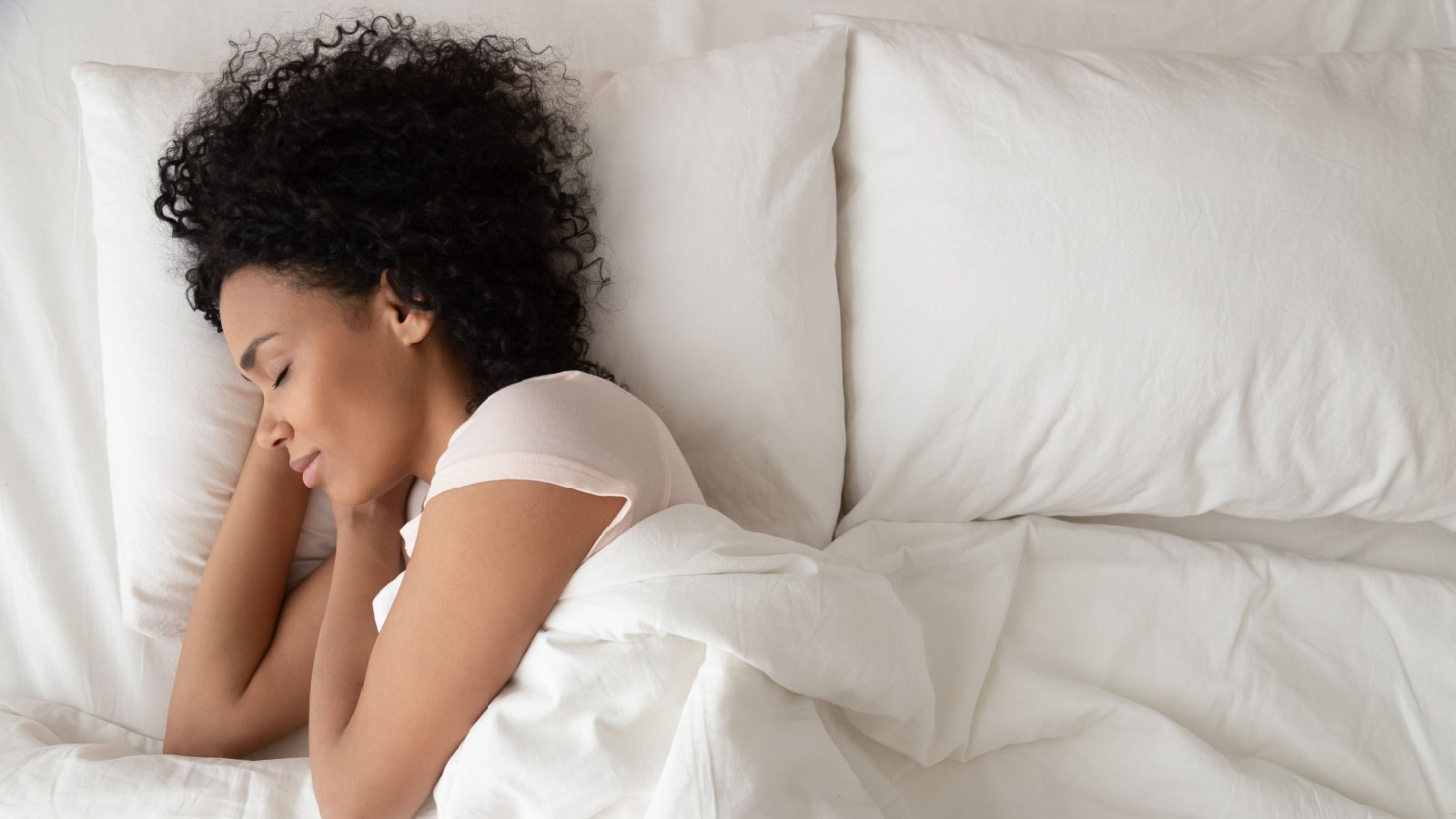
Your bedroom should be a sleep sanctuary. Ensure it’s quiet, dark, and cool – around 65°F is ideal. Investing in a comfortable mattress and pillows can also make a big difference. Remember, your bedroom environment greatly influences your ability to fall and stay asleep.
Limit Naps During the Day

While short naps can be beneficial, long or irregular napping during the day can negatively impact nighttime sleep. If you must nap, keep it to 20-30 minutes. Early afternoon is the best time to avoid interfering with your nightly sleep. “After cutting down on my napping, I started sleeping better at night,” comments a sound sleeper in a forum online.
Exercise Regularly

Regular physical activity can help you fall asleep faster and enjoy deeper sleep. However, timing is important – exercising too close to bedtime can be stimulating. Aim for at least 30 minutes of moderate exercise most days, but not right before bed. Exercise not only boosts your overall health but also improves your sleep patterns.
Watch What You Eat and Drink

Your eating habits play a significant role in how well you sleep. Avoid heavy or large meals within a couple of hours of bedtime. Caffeine and alcohol deserve caution, too, as they can disrupt sleep. A light, nutritious snack before bed can be beneficial, though.
Manage Stress and Anxiety
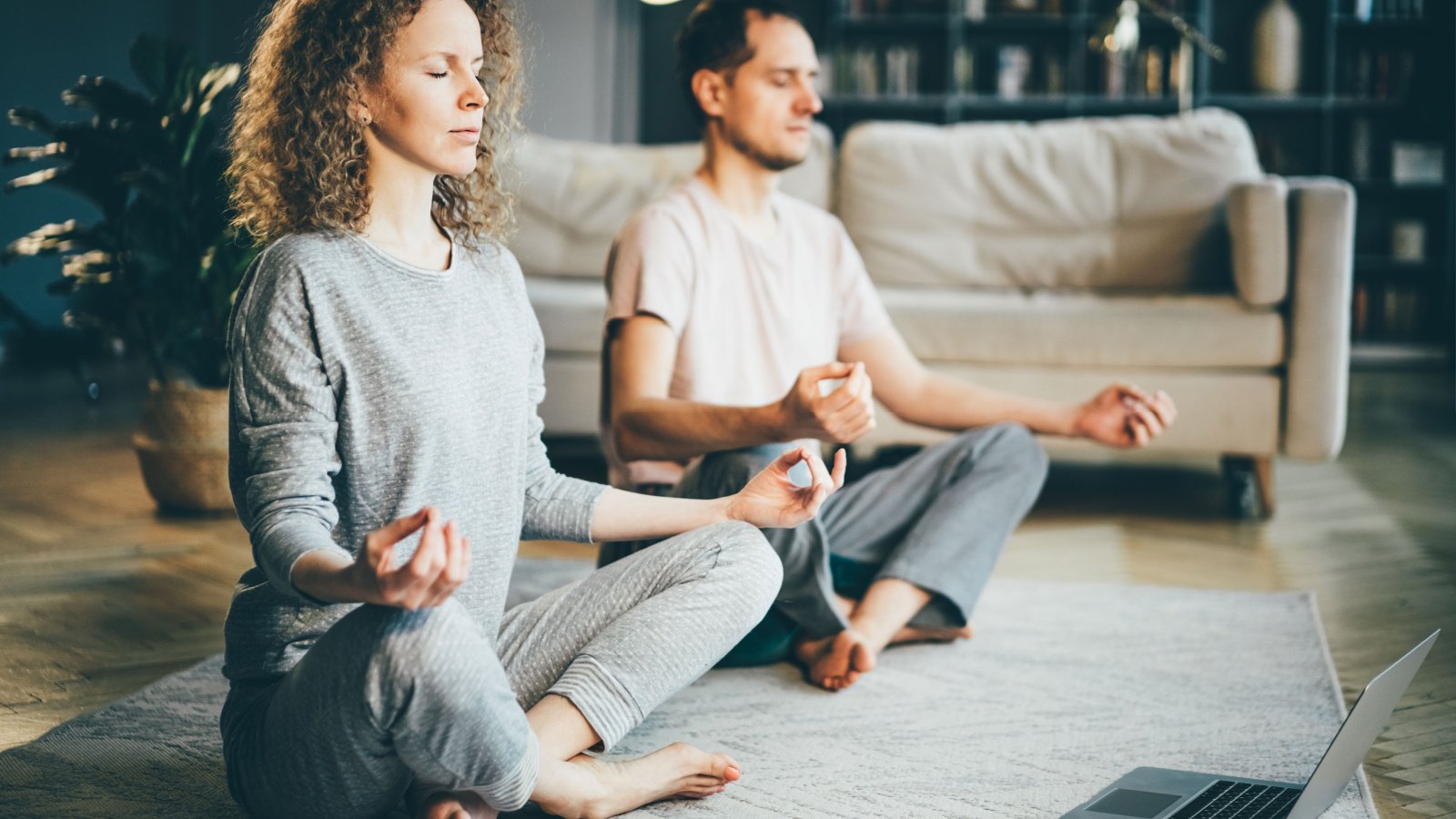
Excessive stress and worry can lead to restless nights. Try stress-reducing techniques such as deep breathing, meditation, or journaling. Setting aside specific “worry time” during the day can help keep these thoughts from interfering with sleep. “Practicing meditation before bed changed my life,” says one commenter.
Get Comfortable Bedding
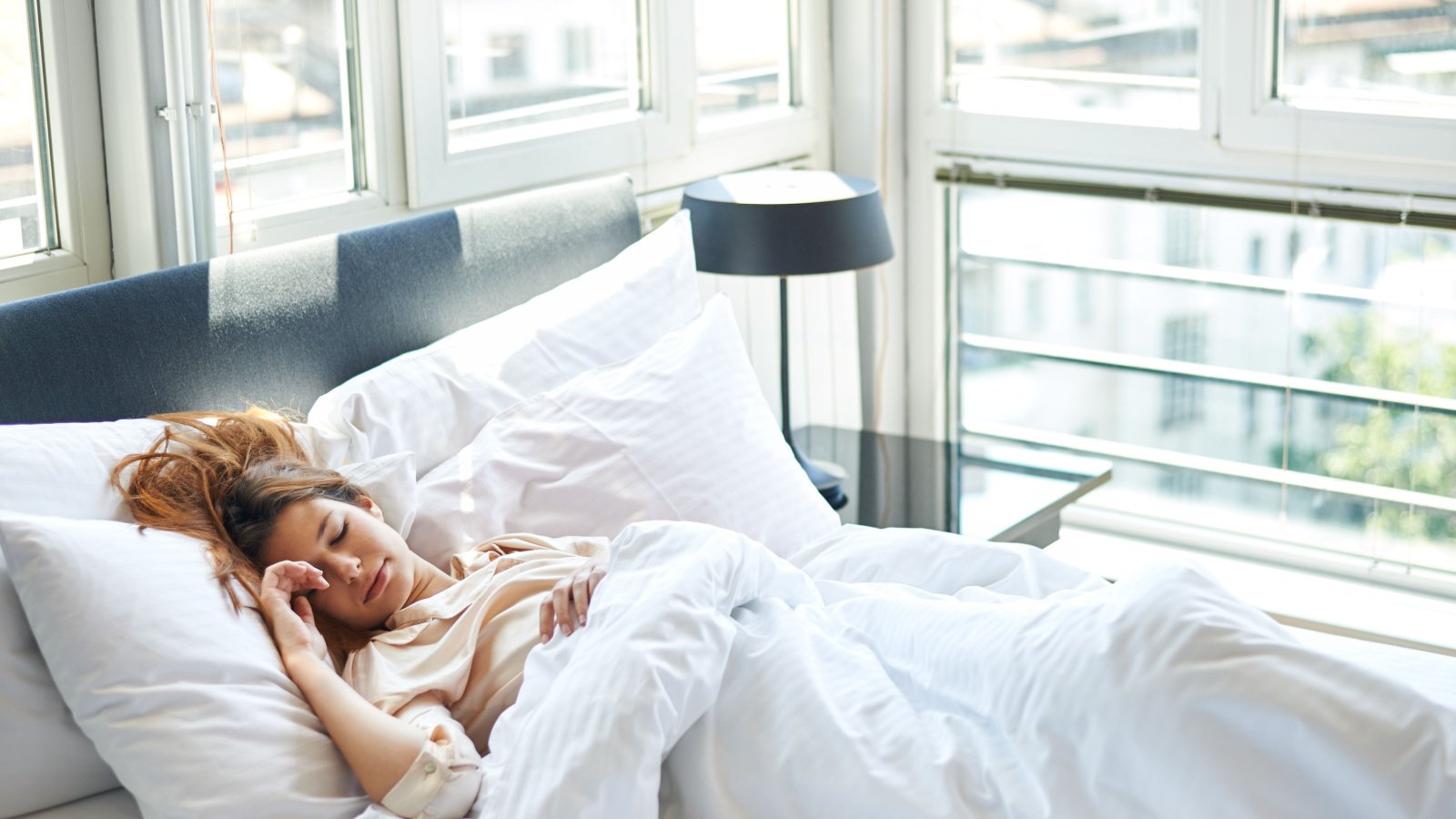
The quality of your bedding can greatly impact your sleep. Choose comfortable, breathable sheets, and make sure your blankets provide the right amount of warmth. Your pillow should support your neck and spine correctly. Comfortable bedding isn’t just a luxury; it’s a necessity for good sleep.
Avoid Stimulants Before Bed
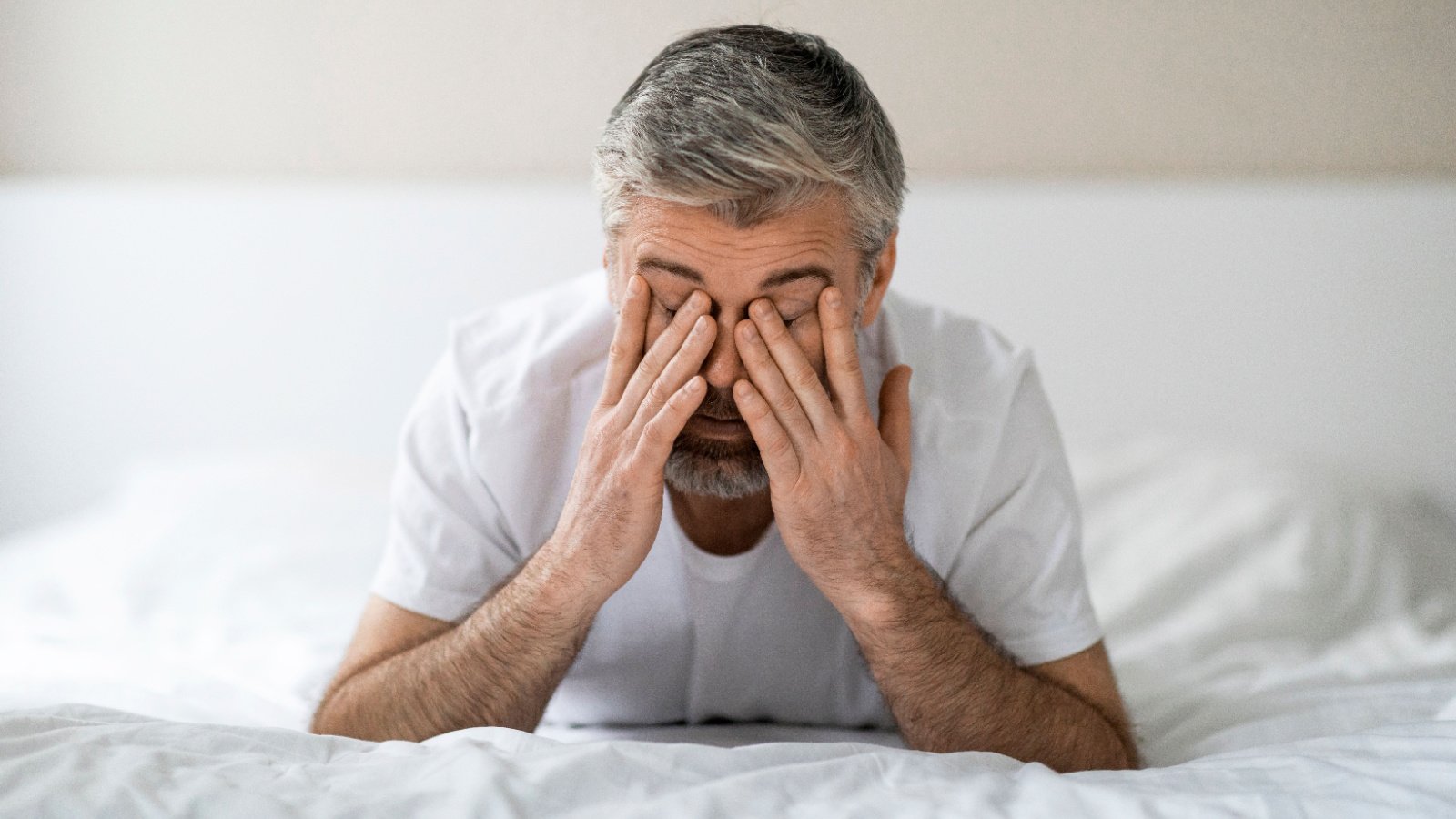
Stimulants like caffeine and nicotine can disrupt your sleep cycle. Try to avoid coffee, tea, chocolate, and cigarettes late in the day. Opt for decaffeinated drinks or herbal teas instead. A stimulant-free evening can make a significant difference in sleep quality.
Dim the Lights

Exposure to bright light in the evening can make it harder to fall asleep. Dim the lights in your home an hour or two before bed. This helps trigger the release of melatonin, a hormone that promotes sleep. “Using dimmer switches in my home has helped me fall asleep faster,” a health blog reader notes.
Keep Electronics Out of the Bedroom

Electronic devices like phones, tablets, and TVs emit blue light, which can interfere with melatonin production. Try to keep these devices out of the bedroom, or at least stop using them an hour before bed. Creating an electronics-free zone can improve your sleep environment.
Practice Mindfulness or Meditation
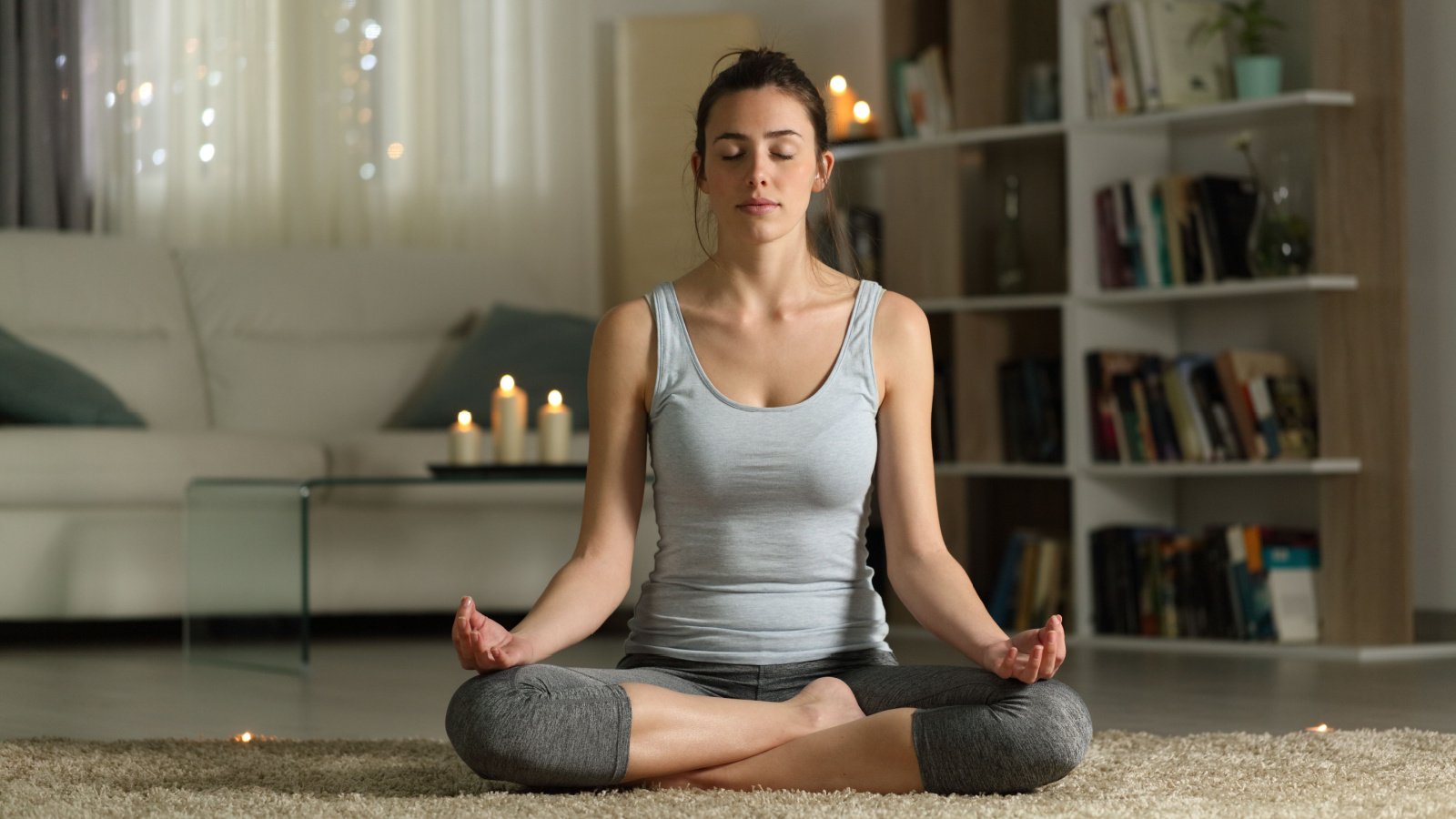
Mindfulness and meditation can help calm your mind and prepare it for sleep. Practicing these techniques can reduce stress and anxiety and improve sleep quality. Even just 10 minutes of meditation before bed can be beneficial. “Meditation before bed has been a game-changer for my sleep,” shares a forum participant.
Control Your Room Temperature
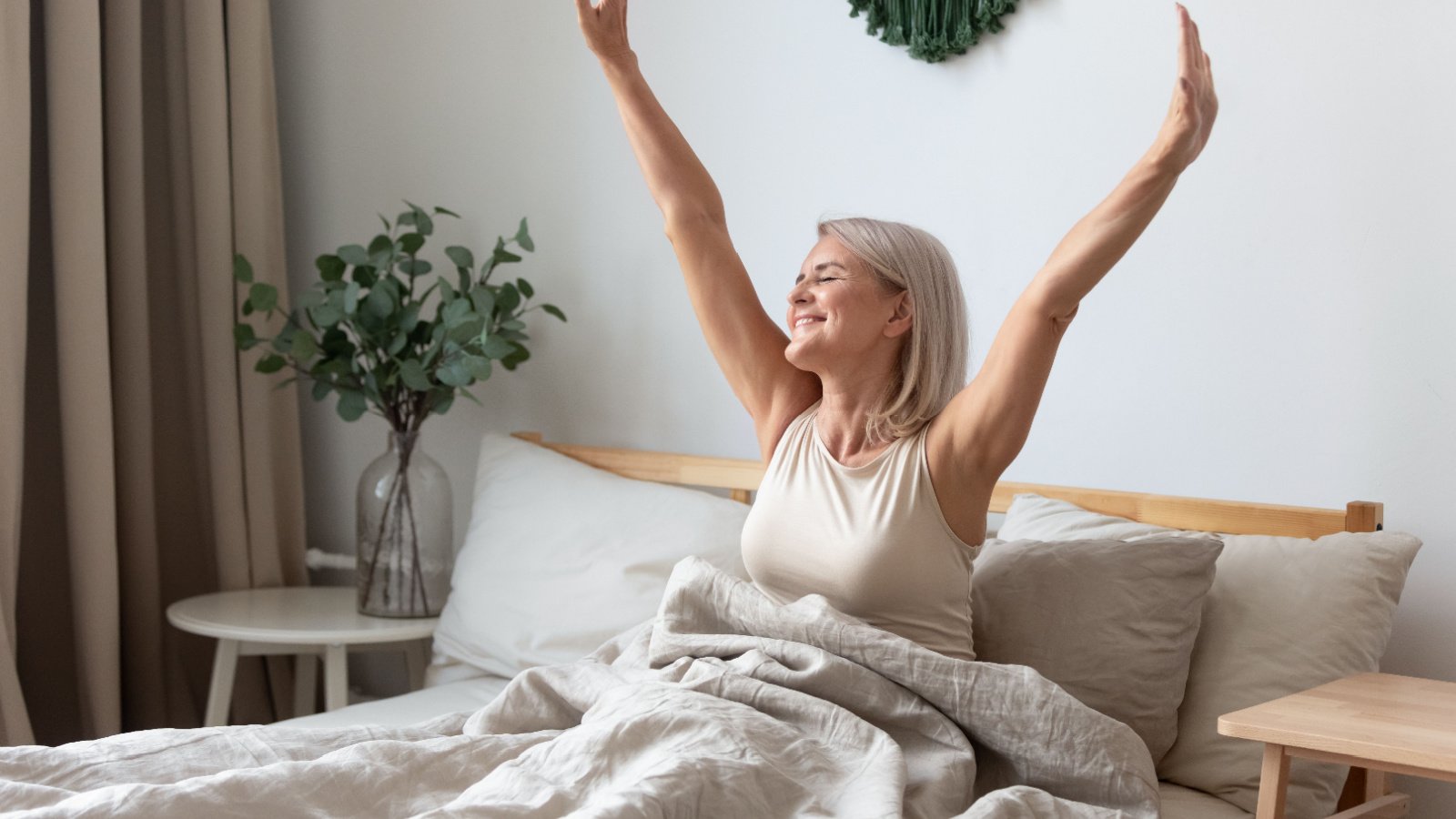
The temperature of your room can greatly impact your sleep quality. Most people sleep best in a slightly cool room. Experiment with different temperatures to find what’s most comfortable for you. A cool room can help signal to your body that it’s time to sleep.
Block Out Noise

If noise from the street, neighbors, or inside your house disrupts your sleep, consider using earplugs or a white noise machine. Even a fan can provide a soothing background noise. Soundproofing your room, if possible, is another option. A quiet environment is crucial for uninterrupted sleep.
Limit Liquid Intake Before Bed

Drinking too many fluids before bed can lead to frequent awakenings to use the bathroom. Avoid drinks in the hour before sleep, especially those containing caffeine or alcohol. Staying hydrated throughout the day is important, but balance is key at night.
Use Relaxing Scents
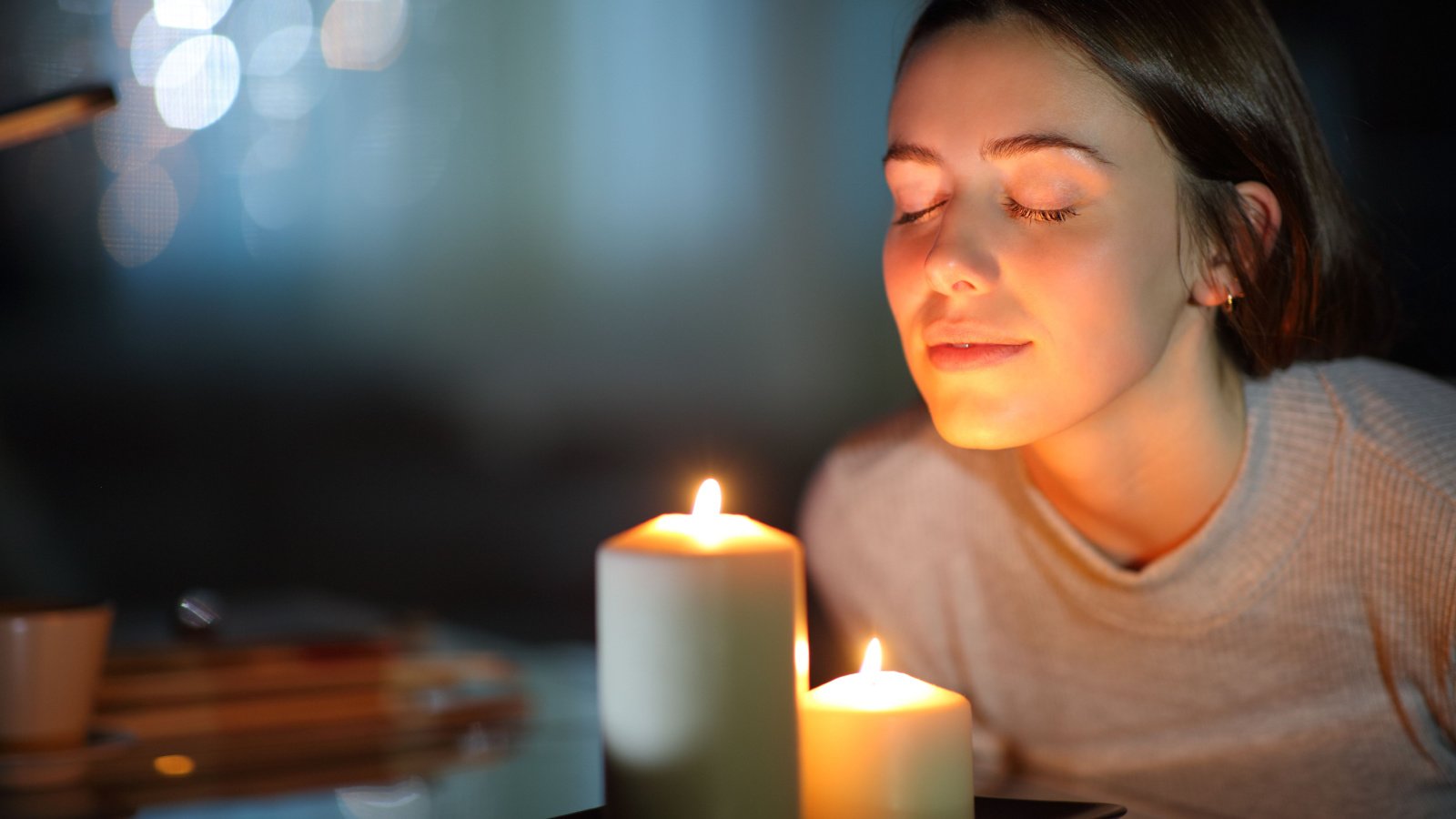
Aromatherapy can be a helpful tool for improving sleep. Scents like lavender, chamomile, and sandalwood can be relaxing. You can use essential oils, diffusers, or scented candles (but remember to blow them out before sleeping). Incorporating relaxing scents into your bedtime routine can enhance your sleep experience.
Avoid Working in Bed
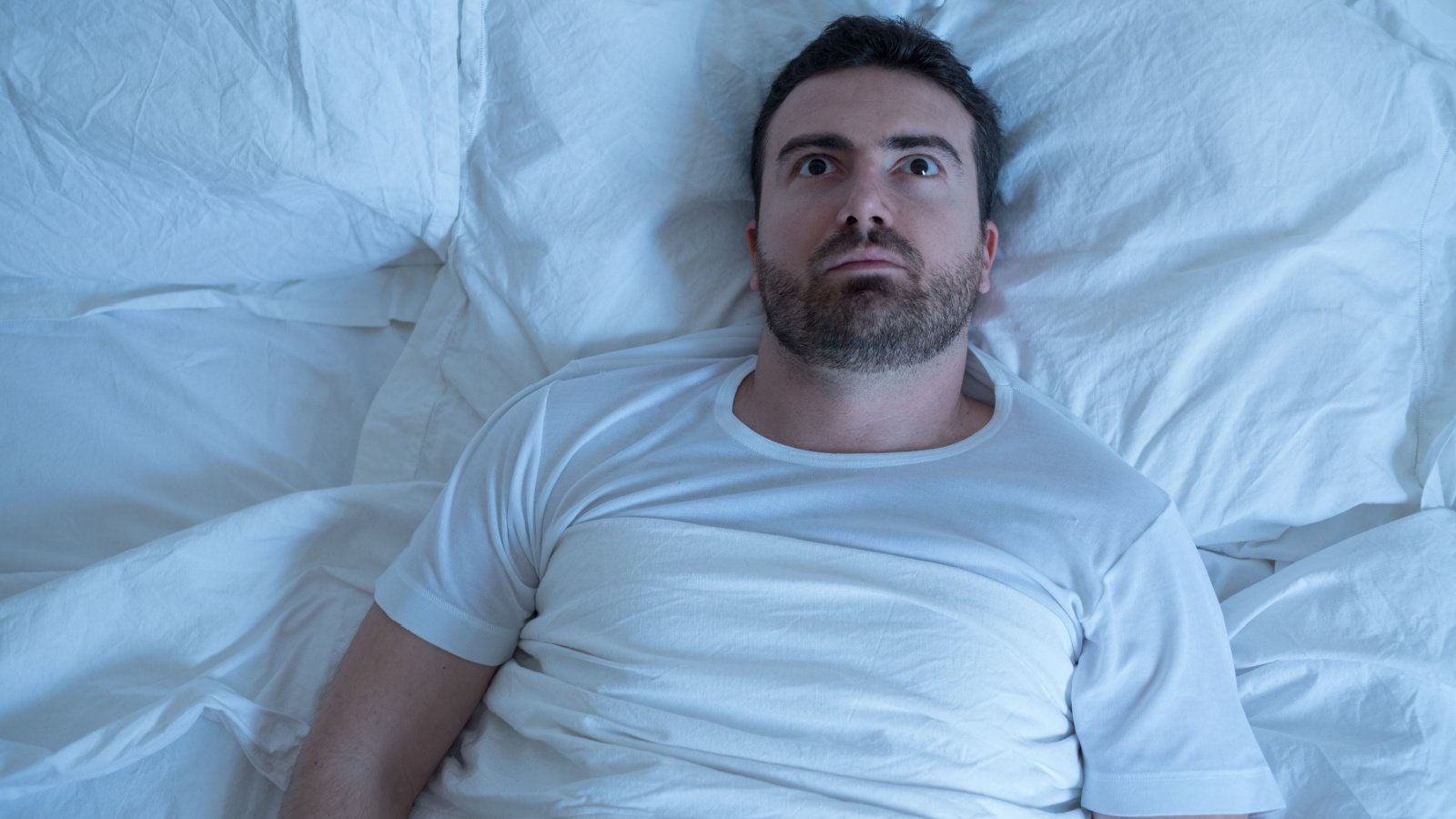
Reserve your bed for sleep and intimacy only. Working or performing stressful activities in bed can make it harder to relax at bedtime. Creating a mental association between your bed and sleep can improve sleep quality. Keep work-related materials out of the bedroom to maintain this boundary.
Read a Book
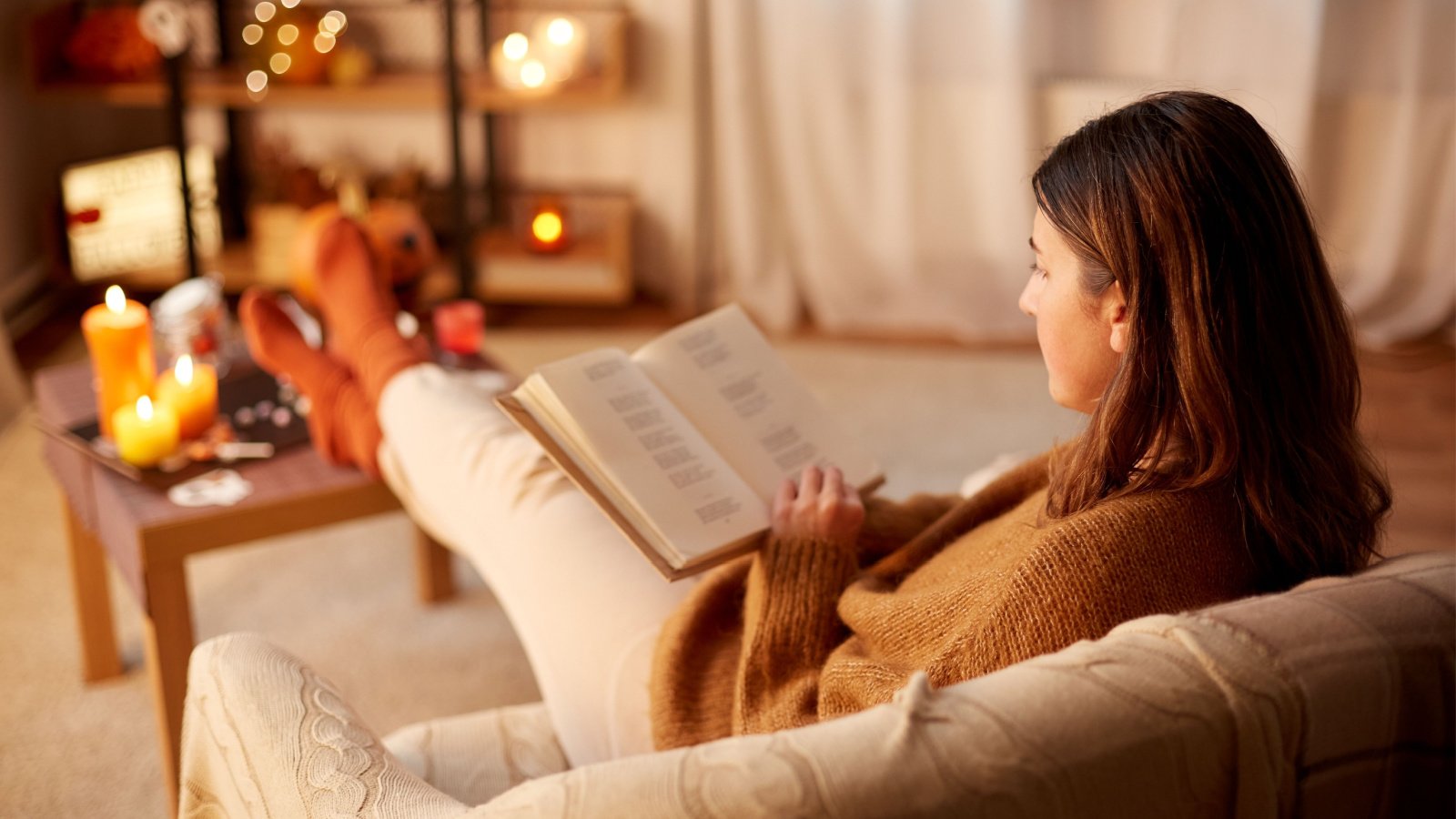
Reading before bed can be a great way to relax your mind. However, choose something light or enjoyable, not work-related or overly stimulating. Physical books or e-readers with a warm light setting are preferable to backlit devices. Reading is a timeless and effective way to unwind before bed.
Consider a Sleep-Friendly Snack

Some foods can help promote sleep. Options like a small bowl of whole-grain cereal with milk, a banana, or a handful of almonds contain nutrients that can encourage sleep. Avoid large meals, but a light snack can be beneficial. Choose sleep-friendly snacks to aid your nighttime routine.
Seek Professional Help if Needed

If you consistently struggle with sleep, consider seeking help from a sleep specialist. Persistent sleep problems could be a sign of a sleep disorder. A professional can provide tailored advice and treatment options. Don’t hesitate to seek help if sleep issues persist.
Practice Gratitude

Ending your day with a moment of gratitude can positively impact your sleep. Reflect on a few things you’re grateful for each night before bed. This practice can shift your mindset, reduce stress, and promote a sense of calm. “Counting my blessings instead of sheep helps me sleep peacefully,” says an online wellness community member.



